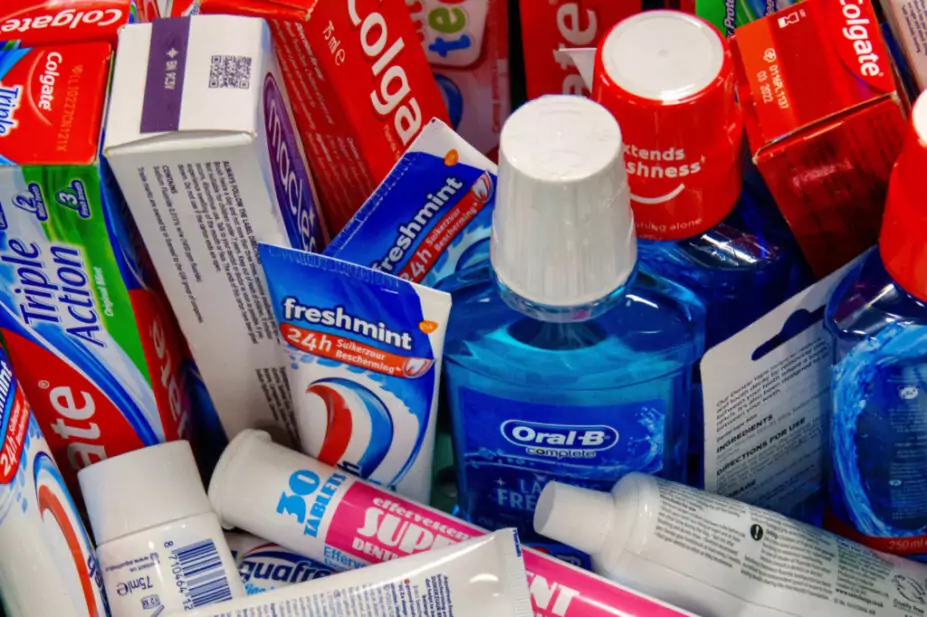
ImageryBT / Alamy Stock Photo
Pharmacists in Lincolnshire have launched a hygiene poverty campaign, with collection points for toiletries and sanitary products installed in 45 Co-op pharmacies.
Customer donations will be collected for distribution to one of 16 local charities, including hygiene banks, domestic abuse services, homelessness support and food banks. The charities will sort them into categories and distribute them to people in need.
The pharmacies are collecting the following items: deodorant, soap, toothpaste, toilet roll, sanitary products, washing up liquid, laundry detergent, nappies, pull ups, wipes, shower gel, shampoo and conditioner.
These items will be collected directly from customers in large cardboard bins in the pharmacy, similar to food bank collection points found in supermarkets. Customers are asked to make sure that any donations are new, unused and in-date.
Lincolnshire Co-op is an independent cooperative group. A member of the group’s community team suggested the initiative to support people in hygiene poverty.
Melissa Wheeler, project coordinator of the Lincoln Hygiene Bank, said that being unable to afford basic hygiene products “can be degrading and embarrassing” and affects people’s self confidence.
She added that the Lincolnshire scheme could be introduced more widely around the country.
“I would love to see hygiene poverty campaigns in all pharmacies across the UK,” she said. “Hygiene poverty is not well known enough, so people do not consider it.”
Commenting on the scheme, Thorrun Govind, chair of the Royal Pharmaceutical Society English Pharmacy Board, said: “Fantastic initiatives like the hygiene collection points through pharmacies in the Lincolnshire area further demonstrate the wider value community pharmacies play in serving their local communities.
“We know countless community pharmacies across the UK participate in such local schemes, which are vital for the wellbeing of the local population.”
1 comment
You must be logged in to post a comment.



Fantastic idea